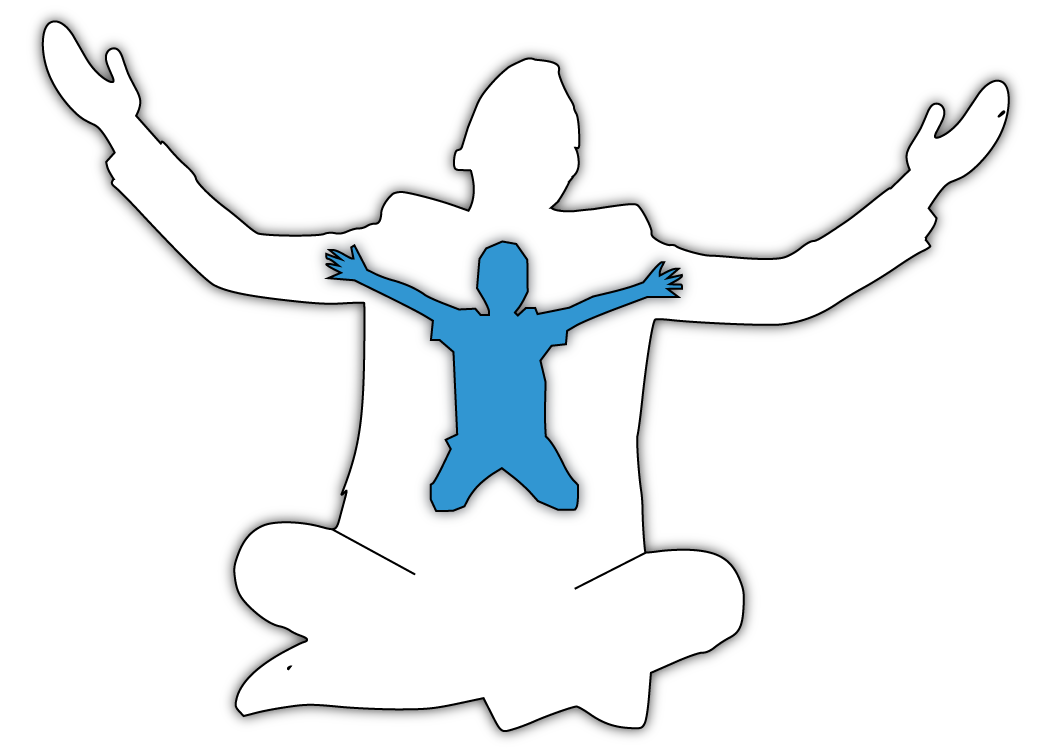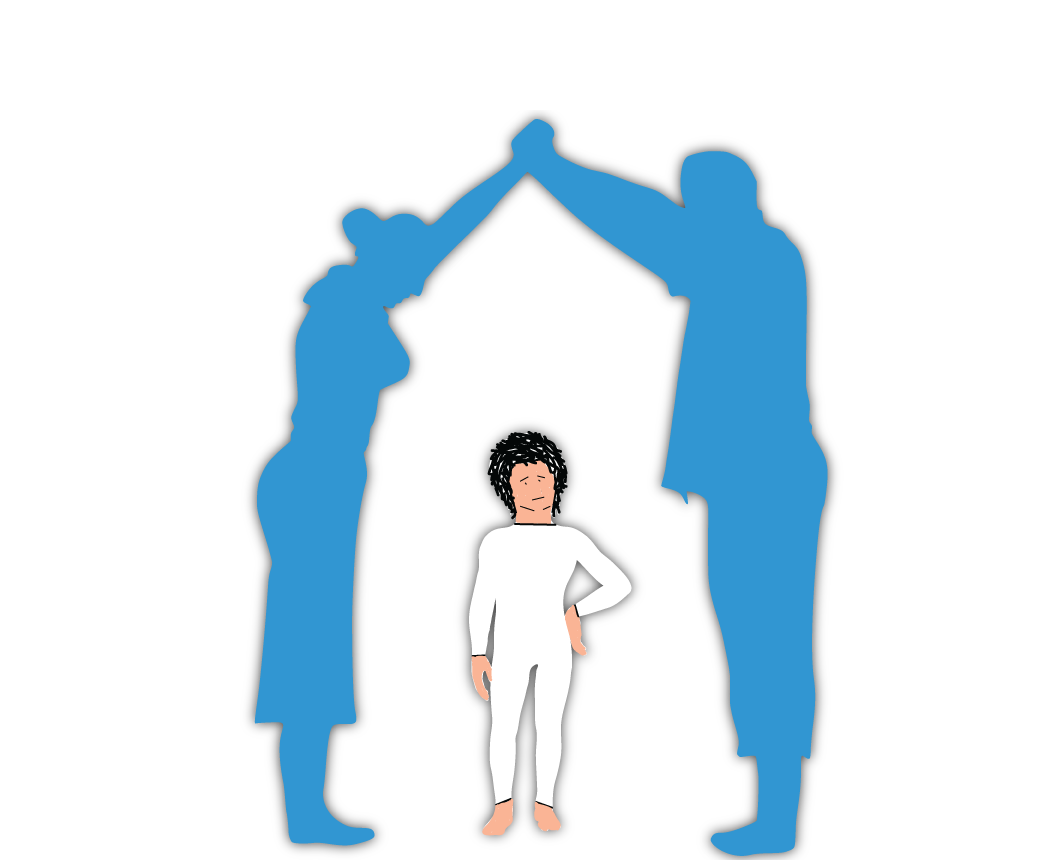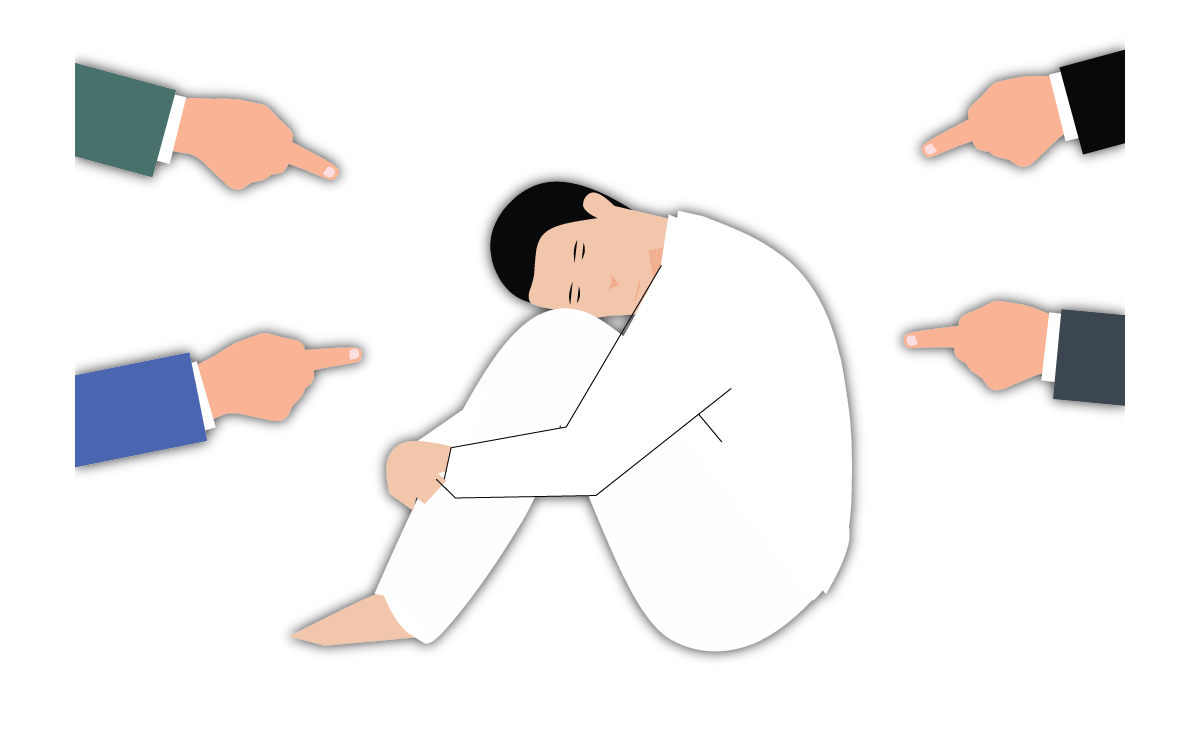Kick out the confusing mind clutter
Children are born into a families and a societies that are full of habits and prejudices that make lots of inaccurate assumptions about this world. We grow up in worlds that are blind to simple truths and we have to adapt to survive. The easiest way is to accept them as truths and get on with it and that's what most people do. A minority keep asking questions, don't believe the lies and life gets difficult. Others try to escape those myths by inventing or being attracted by alternative ones and opting out.
The truth can be found by stripping away all the garbage and it leaves no crutches to lean on. It is scary but beautiful in its simplicity.
There is no god or god's of any form This belief indicates an inner-child need for a strong parent figure to take care of them.
There is no morality No right or wrong only what you as an individual like or dislike. Morality is the way religions control people and a person's need for it shows an innerchild fear of life and the need for parental guidance.
We are alone
The only thing we can experience is ourselves.
We are each alone but we can work together.
Loneliness is when we are no connection between our inner adult and inner child
There is no after life, this is it now.
The universe does its thing and we can experience it through our senses.
We have only a tiny amount of control of life but we can use what is there if we are careful.
We are naturally inquisitive and discovery gives us pleasure unless we have had this beaten or bored out of us by so called ‘education’ systems.
We experience the world and deal with it through picking on objects/people/thoughts to focus on.
We experience the world as pleasure, pain or neutrality.
If we feel pleasure we like it and if we feel pain we don't other wise we are neutral and our attention wanders.
We become attached, positively or negatively, to people, objects or processes that we have feelings about. We then care in some way.
Loss of attachments causes emotional pain when those feelings have been positive and pleasure when negative.
Attachments are only a problem if you cannot bear to feel their loss.
Attachments are necessary for navigating our way through the world, just allow them to be temporary.
Use your feelings and logic to guide you through life Be sure to know where those feelings come from and let your logic be predominant.
Our feelings are always to be trusted but they may be about something that has been experienced in the past that has been triggered by something in the present and we need to be clear how much those feelings really provide us with information about what is happening now or was it an old suppressed feeling triggered by something in the present. Either way it gives us useful information about what is going on.
We become whole when we accept what we are and stop trying to become different or better No conversion therapy will work because you can only discover who you are. If you feel the need to change who you are ask "why do I hate myself", someone taught you how to do that - Who?
We all need to escape the rules and tyranny of our childhoods - Don't impose another set of rules on yourself be it behaviour, diet, morality or way of thinking. No more tyrannies, everything is always up for grabs. If you take shortcuts and follow a way trodden by others always listen to critics more than you listen to other followers and be prepared to change course. If you don't you will become a tyrant of yourself and probably others. Free yourself up and be flexible. Sometimes you wave in the wind and other times you stand firm. Surprise yourself. Your personality as determined by you inner child is predictable but your inner-adult has no such limitations - let yourself enjoy that even if you inner-child doesn't.
|



